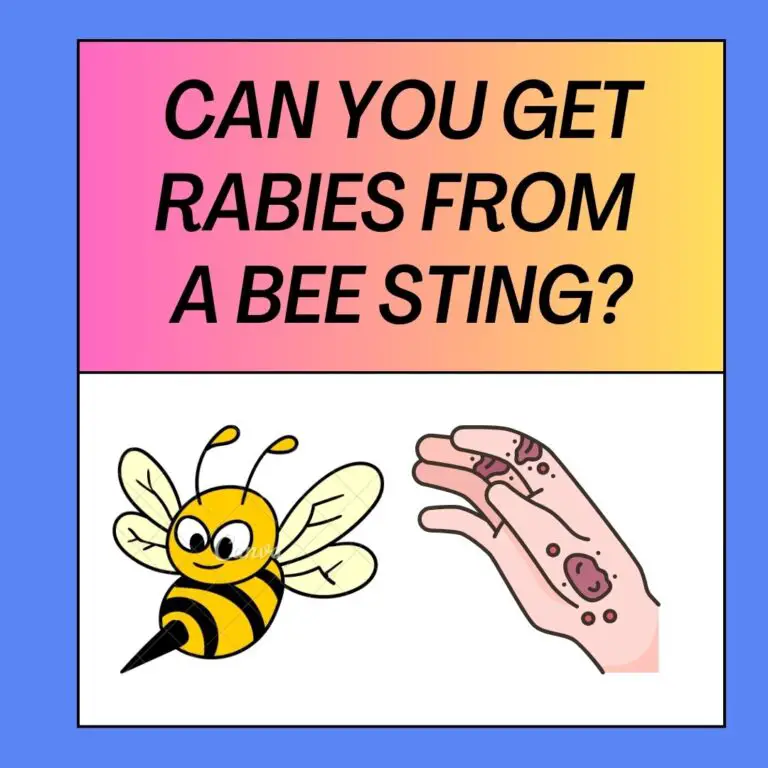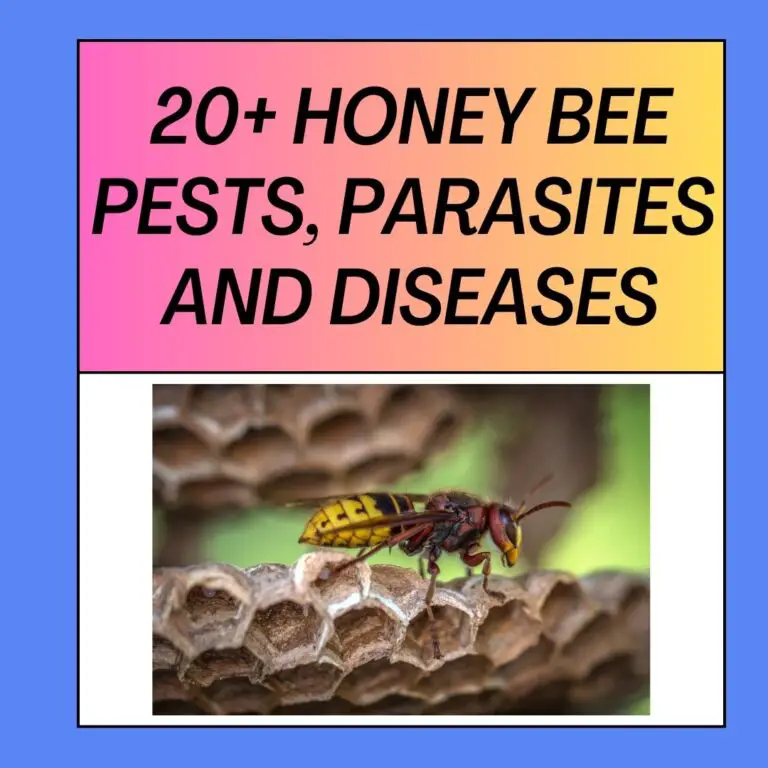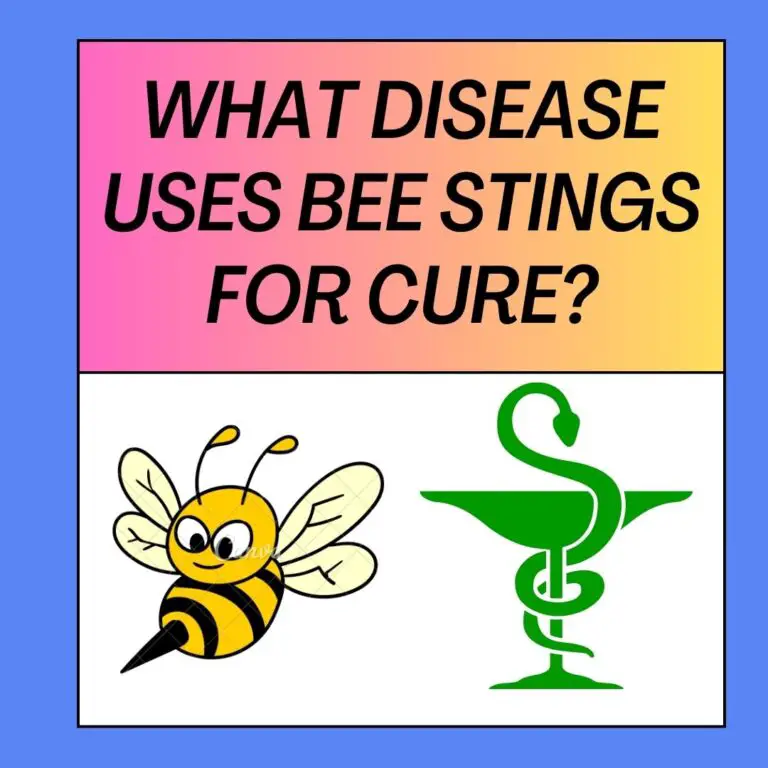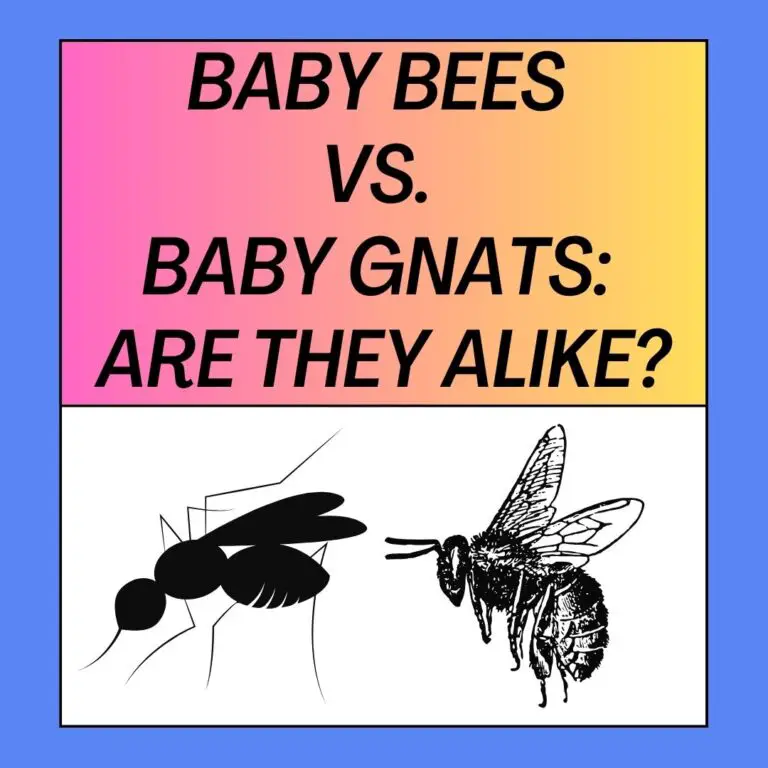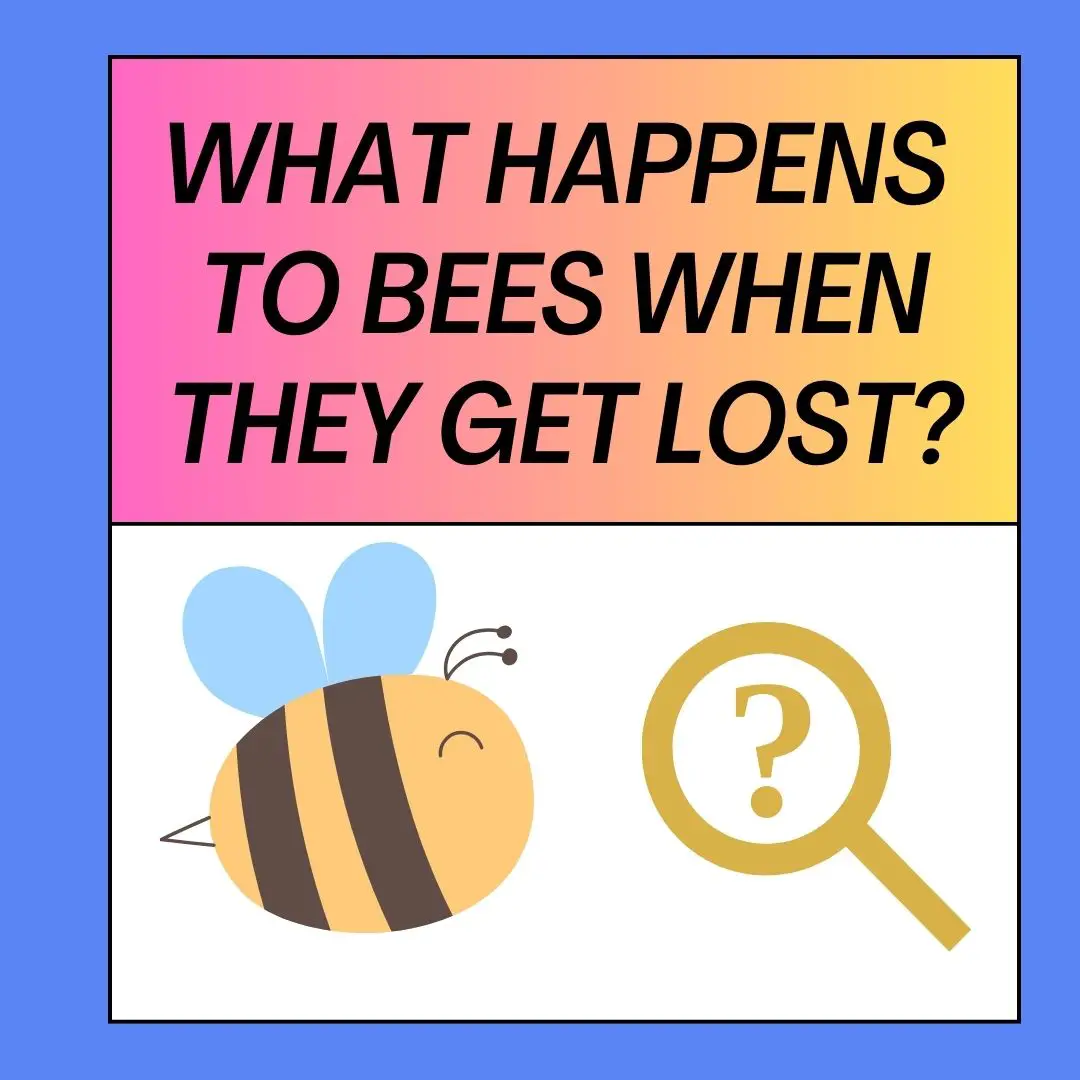
When individual bees get lost or disoriented, they face a range of challenges and potential consequences. The behavior and fate of a lost bee can vary depending on its role in the colony and the specific circumstances of its disorientation.
Here’s what can happen to bees when they get lost:
Foraging Bees:
-
- Disorientation: Foraging bees, which collect nectar, pollen, or water, may become disoriented or lost during their foraging flights. This can happen if they encounter unexpected obstacles, changes in weather, or alterations to their familiar landscape.
- Exhaustion: Lost foraging bees may expend a significant amount of energy in their efforts to find their way back to the hive. Prolonged flight and disorientation can lead to exhaustion.
- Predation: When bees are lost and weakened, they become more vulnerable to predation by birds, spiders, or other insect predators.
Orientation Behavior:
-
-
- Orientation Flights: Honeybees, in particular, engage in orientation flights when they leave the hive for the first time or when they return to the hive after foraging. These flights help them memorize the hive’s location and visual cues in their surroundings. If they become lost, they may perform orientation flights to reestablish their sense of direction.
-
Rescue by Nestmates:
-
- Communication: Honeybees communicate with each other through a complex system of pheromones and dances. When a foraging bee becomes lost, it may release pheromones that signal distress or a need for assistance.
- Rescue Behavior: Nestmates that detect the distress pheromones may respond by searching for the lost bee and guiding it back to the hive. These rescue efforts can be successful in helping a lost bee find its way home.
Predation and Fate:
-
- Return to the Hive: With the help of rescue behavior and orientation flights, many lost bees eventually manage to find their way back to the hive, where they resume their normal roles.
- Failure to Return: Some lost bees, especially those that have become too weakened or disoriented, may fail to return to the hive. In such cases, they may perish in the wild, become prey to predators, or succumb to exhaustion.
What Does A Bee Do If It Is Permanently Separated From Its Hive
- Foraging Bees:
- Search for a New Hive: If a foraging bee becomes permanently separated from its hive, it will often attempt to find a new hive or colony to join. Honeybees are social insects, and they rely on the colony for survival.
- Integration with a New Hive: While it’s uncommon for a bee from one colony to join another, there are cases of bees being accepted into foreign hives under specific circumstances. This integration depends on the willingness of the foreign hive to accept a newcomer and the bee’s behavior.
- Nurse or Worker Bees:
- Struggle to Survive: Nurse or worker bees that are separated from their hive may struggle to survive on their own. They may lose access to the resources and support that the colony provides.
- Short Lifespan: Worker bees typically have a relatively short lifespan, often a few weeks to a few months. If separated from the hive, they may not live much longer due to the absence of food, protection, and social support.
- Queen Bees:
- Highly Vulnerable: Queen bees are highly vulnerable when separated from the hive. They are unable to forage for food or protect themselves.
- Unlikely to Survive: In most cases, a queen bee separated from her hive is unlikely to survive for an extended period without the support of worker bees and the hive’s resources.
- Orientation Behavior:
- Orientation Flights: Some lost bees, particularly young foragers, may engage in orientation flights in an attempt to reestablish their sense of direction and locate their hive. This behavior is a last-ditch effort to return home.
- Predation and Fate:
- Predation: Bees separated from their hives become more vulnerable to predation by birds, spiders, and other insect predators. Their chances of survival in the wild are significantly reduced.
- Natural Decomposition: In cases where a bee dies while separated from the hive, its body will naturally decompose, returning nutrients to the ecosystem.
Summary
It’s important to note that bees, especially honeybees, have evolved mechanisms to mitigate the risks associated with getting lost. Orientation flights, communication through pheromones, and rescue behavior by nestmates are all part of their intricate social structure, designed to maximize the chances of survival and maintain the colony’s productivity. Despite the challenges of getting lost, many bees do find their way back to the hive, contributing to the overall success of the colony.

